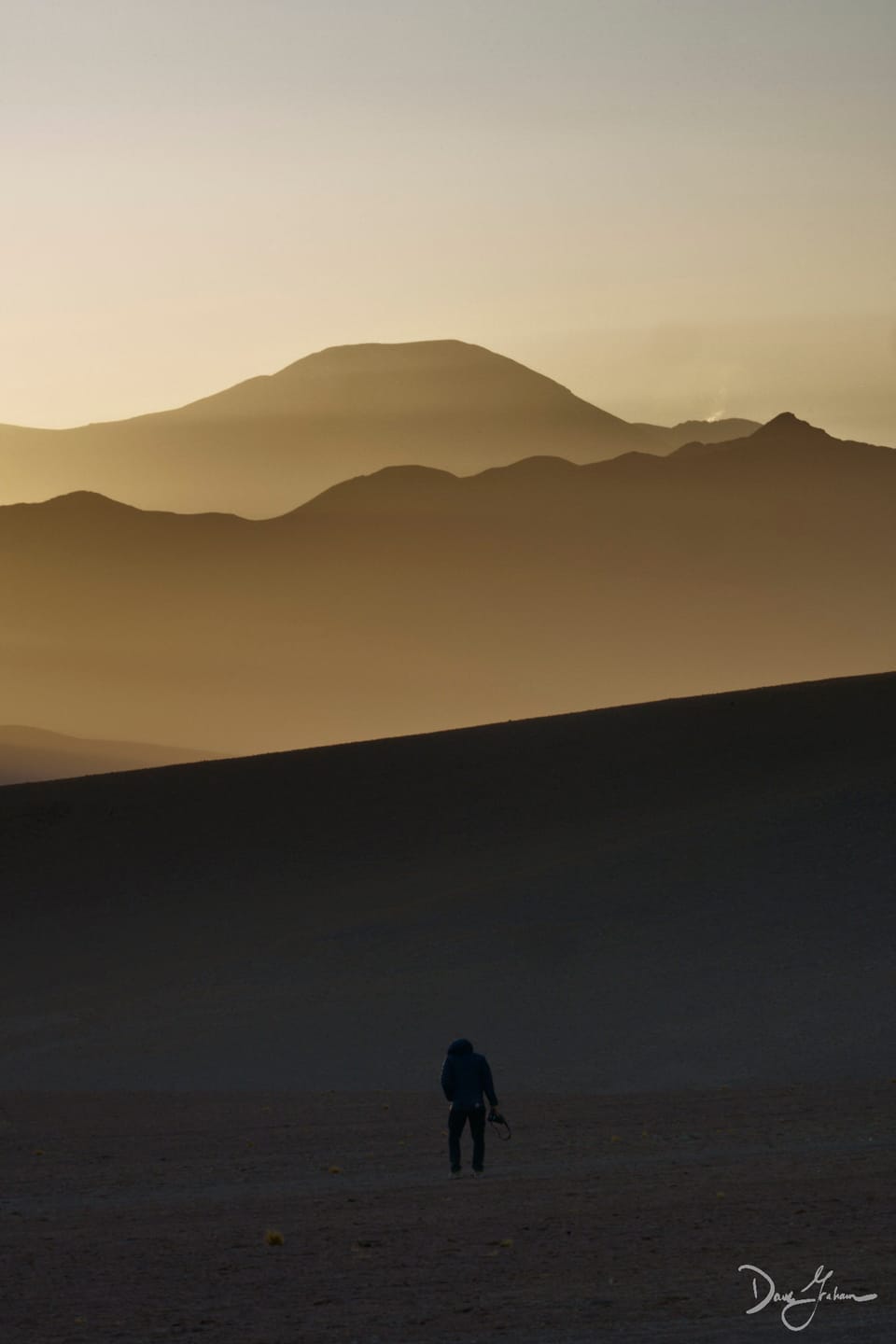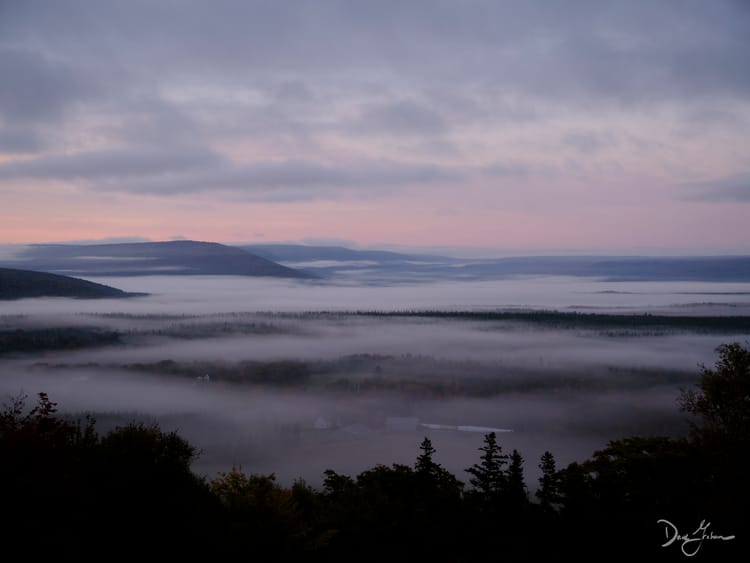"American Exceptionalism"

As I sit and contemplate the state of the world, I’m reminded that we, as humans, always have choices. We can either bury our heads in the sand or take action on the issues that genuinely matter to us.
In recent weeks, I’ve been fortunate to explore more of the world locally and in Bolivia. These travels (and their accompanying conversations with new and interesting people) have revealed stark realities about how American exceptionalism is perceived globally. This idea that everything America does is inherently aimed at making the world a better place — rather than focusing on humanity as a whole — is a fascinating and troubling cognitive dissonance that becomes apparent the moment you step outside the American border.
During my time in Bolivia, I learned much about the region’s natural wealth — coca leaves, salt, lithium, and other resources — many of which are being exploited by wealthy industrial nations or legislated into oblivion by the “concerned” Western governments. The exploitation of these resources and the indigenous communities by foreign governments is a harsh reality. Conversations often turned to the glaring impact of powerful nations like the United States and China, which position themselves to exploit these regions under the guise of global leadership.
The agreements signed between powerful nations and resource-rich countries frequently disadvantage the latter, stripping them of their wealth for the sake of so-called “safety” or “comfort” in developed nations. This practice often feels less like diplomacy and more like economic terrorism. The relentless pursuit of resources at the expense of culture, community, and sovereignty is a stark indictment of the ethnocentrism that permeates much of American society.
As a traveler, writer, and photographer, I recognize the privilege I hold. This privilege — enabled by income, occupation, and opportunity — allows me to see and document the nuances of the world. With that privilege comes a responsibility: to portray the reality of what affects people and cultures globally. This includes calling out the abuse of power, the exploitation of resources, and the erasure of cultural identities by foreign entities.
I’m reminded of the fact that exploitation holds no such qualms. Economic deprivation and systemic colonization are the masturbatory fantasies of oligarchs, and governments broker no deals that do not have at their very core the self-interest of exploitation, veiled under the rhetoric of progress. Tourism dollars, for instance, often pave the way for cultural commodification, while agreements that undermine bodily autonomy and sovereignty erode the integrity of nations. Emerging cultures must navigate these challenges with the awareness that not everything presented as an opportunity is beneficial.
While ambitious in its ideals, the American experiment has revealed cracks in its foundation. What began as a system rooted in liberty and ostensible justice has mutated into a mechanism of conquest, exploitation, and moral decay. The pursuit of comfort and convenience blinds us to the suffering of others — whether it’s strip-mining Bolivian salt flats for lithium or orchestrating economic coups for commercial gain.
We are building a “disaster palace,” a façade of grandeur that hides the rot beneath.
As Freud once observed, humanity often runs from discomfort, seeking solace in the superficial comforts of material wealth and status. Yet, in doing so, we ignore the pain and suffering of others and perpetuate cycles of exploitation.
The question remains: do we care enough to confront this reality? Or is it more convenient to avert our gaze and retreat into the comforts of our gilded yet crumbling towers?
The world is watching; perhaps it is time to make radical changes.
May it ever be so.





